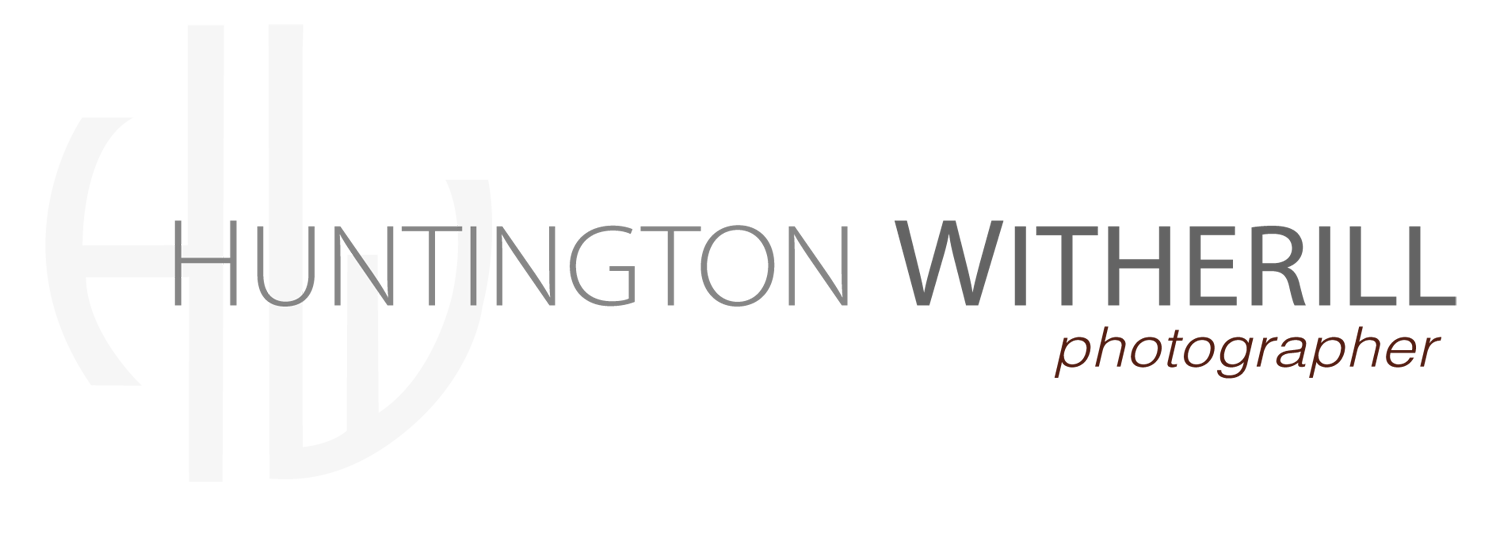The Camera and Violin Axiom
by Huntington Witherill
If you buy a camera you are a photographer. If you buy a violin, you own a violin. –Anonymous
If you happened to chuckle at the above anonymously sourced quote, you have my admiration, and my sympathy. Like me, you may well be a photographer who remains somewhat conflicted about whether the above statement proffers any wisdom… or is merely intended as a humorous wisecrack. (I tend to think the latter.)
As silly as the above quote may seem to most serious photographers, it does, nevertheless, surreptitiously reveal one of the fundamental challenges of being a photographer. The fact is that most people tend to ascribe common sense and logic to the above notion (rather than recognizing the humor in it) because they know full well that most anyone can operate a camera. And practically no one can operate a violin. Or… can they?
Despite my rather extensive musical background I’ve never actually held a violin in my hands. Yet, I’m going to go out on a limb here and suggest that I’m reasonably certain that I could learn how to operate a violin in less than five minutes! Let’s see… first, place the chin-rest thingamajig under your chin. Next, grab the far end of the violin (the end with the curly-q shaped piece of wood with all the pegs sticking out of it) with your left hand. Now with your right hand, rest the bow (that’s the long skinny stick with a ribbon of horse hair attached to it) on the strings (horse hair side toward the strings, please) and then drag the bow across the strings in a back and forth motion (as though you are sawing-off a tree limb at shoulder height). Congratulations! You've just learned how to operate a violin. Making any music yet? (Hmm… me neither!)
Obviously, there is far more to actually playing a violin than simply applying the overtly crude mechanics that I’ve described above. And, if I had an extra lifetime and the notion to do so, I’m reasonably confident that I could not only learn how to play the violin with a measure of success, but also develop the ability to use it to produce meaningful music. But let’s face it, absent a dedicated amount of prior training, practice, concentration, creativity, and then years and years of additional practice (and then some more practice!) I could never, ever hope to be regarded as a violinist. Should the act of being an accomplished photographer require any less training, practice, creativity, and dedication than is required of a violinist? I think not.
If you’re like me, you may be left to wonder why it is that so many people tend to assume that a camera is somehow different than a violin in terms of the relative amounts of skill and dedication required to achieve any sort of mastery over the tool itself. Or, put another way, as a photographer, how will you ever be able to convince the masses that what it is that you do, is simply not something that everyone else on the planet can do?
Of course, truly dedicated photographers (and even those individuals who possess more than a passing interest in the art, itself) understand the level of dedication and long-term effort required to actually become an accomplished photographer. It is not that particular choir that I am preaching to, here. It is the larger segment of the population (the masses, if you will) who seem determined to regard one’s ability to be a photographer as being no more or less remarkable than having the ability to open the refrigerator!
Wait a second. Who am I kidding here? The truth of the matter is that the masses (for the most part) will never, ever get it. They will never see (let alone understand and appreciate) the difference between a truly accomplished photograph, and those that they themselves have just taken with their brand new “professional” camera (including polarizing filter, sequined neck-strap, and 3-in-1 gadget bag!). In my view, the sad reality of this situation remains one of the most compelling reasons for photographers to endeavor to concentrate on the process of being a photographer, rather than concentrating on the results of being a photographer.
And in the end, I think we can all continue to rest assured that if you buy a camera, you are a photographer – in very much the same way as if you buy a scalpel, you are a neurosurgeon. Though be forewarned... if you do decide to go out and buy a scalpel, don't expect too many patients to be beating a path to your operating table. (Not at first, anyway.)
Huntington Witherill

